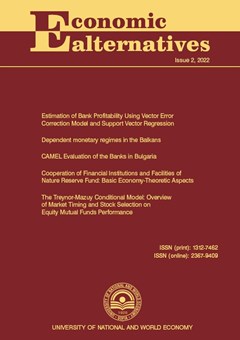Anthropological and Religious Dimension, Ecological Transition and Integral Development: Economic Theory towards a New Paradigm?
Author: Francesco Poggi
Abstract
The crisis of the market system is highlighted not only by the lag on environmental issues, but also by the lag in responses to repeated social and ethical crises, which are increasingly global. Under scrutiny is the increasingly evident theoretical weakness of the market paradigm and its formally perfect but unrealistic rational model. And it is above all its microeconomic basis that is weak, starting with the theory of behaviour and choice, with the utilitarian Homo Economicus as the only variable, the only key to interpretation. What then are the possible integrations? First of all, the inclusion in economic models of the non-mercantile dimension of exchange, in its various forms: gratuitousness, gift, altruism, relational goods, common goods, reciprocity, promotion of the person. Thus, the recognition of the economic role of non-economic factors, in an interconnected, integral and organic reading of social systems. The response must be systemic, in the various ethical, social and environmental aspects. Economics, natural sciences, anthropology, economic sociology and history of religions can dialogue in the search for a new theoretical paradigm. It is therefore necessary that the ecological transition be followed by a real transformation of the economic model.

